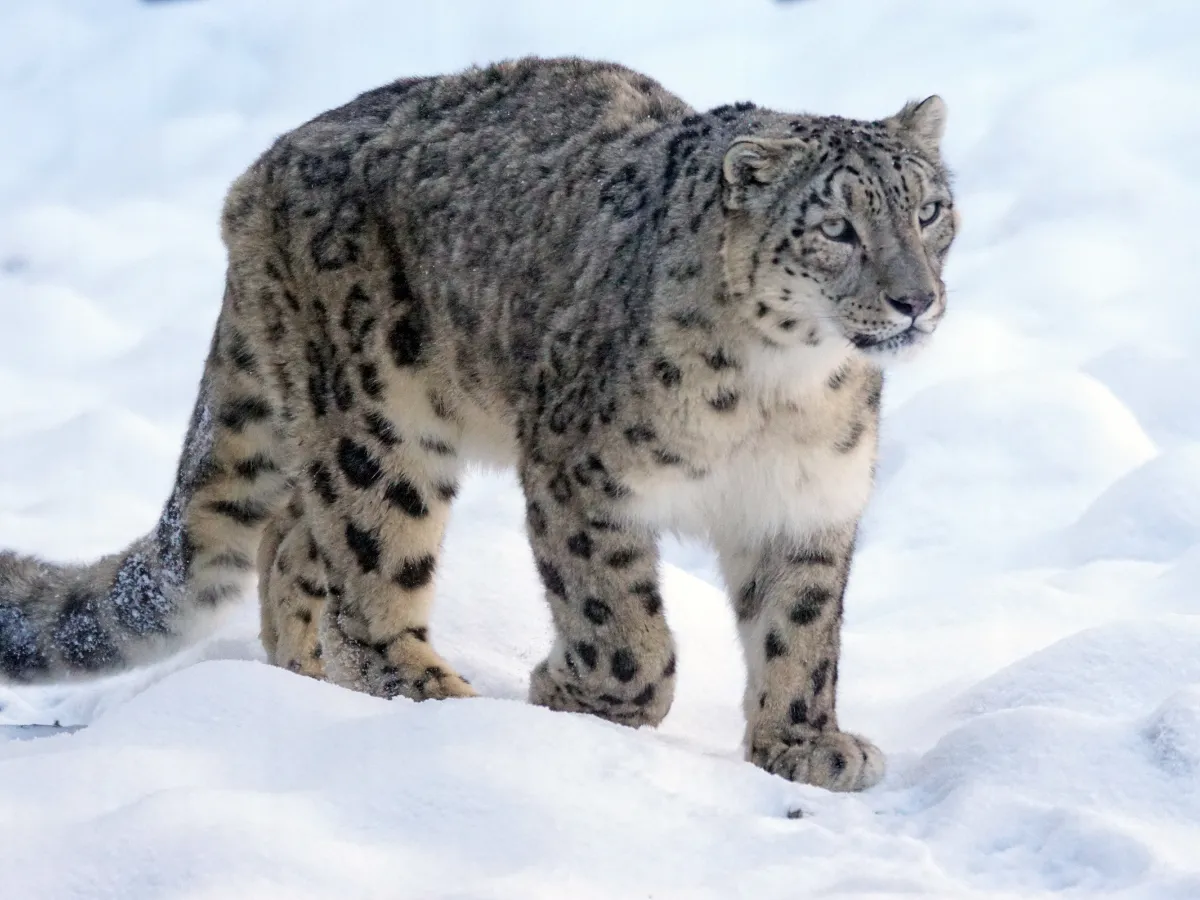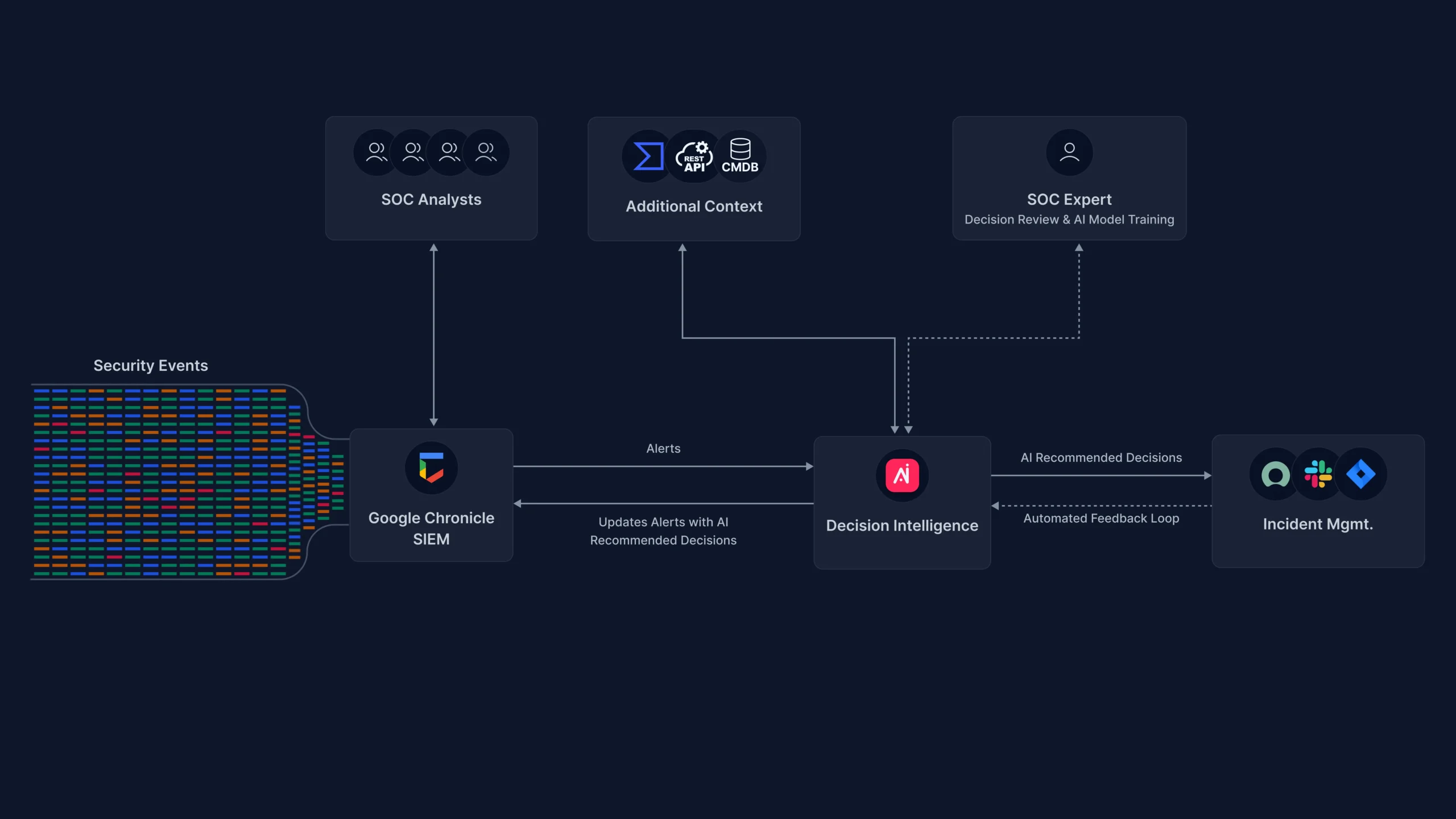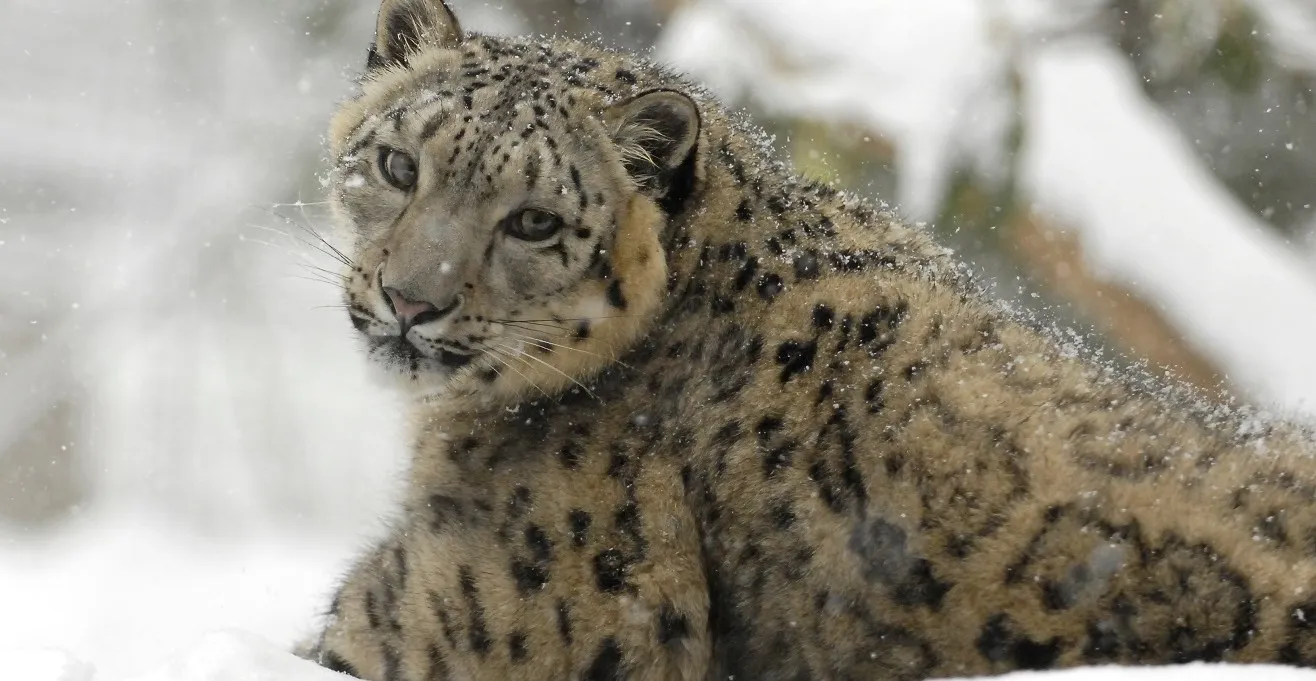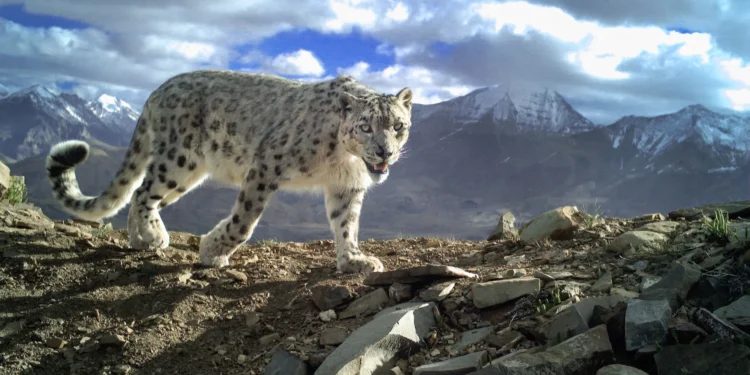Snow leopards, one of the most elusive and beautiful creatures in the world, are facing an uncertain future. With only between 4,000 and 6,000 of these magnificent predators left in the wild, the threat of extinction looms large. Despite legal protections, between 221 and 450 snow leopards are killed every year, mostly due to retaliation for killing livestock. As the population of these “ghosts of the mountains” declines, new technology may be the key to protecting them.

A Growing Problem: The Struggle Between Humans and Snow Leopards
Lovely, a snow leopard who was rescued as an orphan 12 years ago in Pakistan-administered Gilgit-Baltistan, is one of the lucky few who has been saved. However, she cannot be released into the wild due to her inability to hunt. Lovely would likely attack a farmer’s sheep and meet a tragic end if set free, explains her caretaker, Tehzeeb Hussain. This heart-wrenching reality is mirrored in the lives of many other snow leopards, as human-wildlife conflict continues to be a significant challenge.
According to the World Wide Fund for Nature (WWF), more than half of the deaths of snow leopards are due to the loss of livestock. As a result, the species has seen a 20% decline in population over the last two decades. With only about 300 snow leopards left in Pakistan, where they hold the third-largest population in the world, urgent measures are required to prevent their extinction.
Enter AI: The Future of Snow Leopard Conservation
In an innovative step toward protecting snow leopards, the WWF, in partnership with Lahore University of Management Sciences (LUMS), has developed a groundbreaking AI-powered camera system. These cameras are designed to detect the presence of snow leopards and send alerts via text messages to local villagers, prompting them to move their livestock to safer areas. The system aims to reduce human-wildlife conflict and prevent snow leopards from being killed in retaliation.

Asif Iqbal, a conservationist with WWF Pakistan, explains that the cameras, powered by solar panels and lithium batteries, are placed in high-altitude areas where snow leopards roam. The cameras can differentiate between humans, animals, and snow leopards, ensuring that only the relevant creatures trigger an alert. Asif proudly demonstrates the technology, showing a recent recording of a snow leopard captured in night-vision mode—a crucial step in understanding the movement and behavior of these elusive creatures.
Overcoming Challenges: Testing the Technology
Setting up these AI-powered cameras has been no easy feat. The WWF team had to deal with several challenges, from harsh winters to unreliable batteries. In their trial phase, they tested different battery types and painted the cameras with special coatings to prevent light reflection. Asif recalls the difficulty of installing the cameras in rocky, rugged terrain at nearly 3,000 meters above sea level, but the team’s persistence is paying off.
While the technology is impressive, it is not without its flaws. During a demonstration, Asif shows an instance where the camera incorrectly identified him as both an animal and a human. Despite these glitches, the team remains hopeful. The system is constantly being refined, and the AI model is becoming more accurate with time. Asif’s computer dashboard shows the growing success of the cameras in detecting snow leopards, an important milestone in the conservation effort.
Community Resistance: Gaining Local Support
Despite the promising results, the WWF faces hurdles in gaining the full cooperation of local communities. Initially, some villagers were skeptical of the AI technology, with reports of people tampering with the cameras and even covering them with blankets. The community’s cultural concerns, particularly regarding women’s privacy, also prompted the relocation of certain cameras. Furthermore, some villages have yet to sign consent forms, preventing the project from expanding to those areas.

However, the community’s attitude is slowly changing. Villagers like Sitara, who lost all six of her sheep to a snow leopard attack, are starting to see the value of the conservation efforts. Sitara, despite her initial doubts, acknowledges the potential of the AI cameras in preventing further losses. While she remains cautious about the effectiveness of text alerts, she recognizes the importance of protecting snow leopards for the future.
Climate Change and Livestock Encroachment: A Growing Threat
The impact of climate change is another factor complicating the situation. Warmer temperatures have pushed villagers to move their crops and livestock to higher altitudes, encroaching on snow leopard habitats. This has made livestock more vulnerable to snow leopard attacks, further escalating tensions between humans and wildlife. While many villagers are beginning to appreciate the role snow leopards play in maintaining ecological balance by controlling populations of ibex and blue sheep, others remain concerned about the loss of their livelihoods.
Despite these challenges, legal measures have had some success. In 2020, three men were jailed after killing a snow leopard in Hoper Valley, sending a strong message that poaching would not be tolerated. The WWF hopes that the AI cameras, along with other deterrents like smells, sounds, and lights, can further reduce the conflict between villagers and snow leopards.
The WWF’s efforts to protect snow leopards are not limited to the AI cameras. In the coming months, they will begin testing additional methods to deter snow leopards from entering villages. These include using scents, sounds, and lights to create a more comprehensive strategy to keep both the snow leopards and the villagers safe.

Asif Iqbal and his team are determined to continue their work in tracking these mysterious creatures. While the AI technology shows promise, they know that it is not a panacea for the broader issues threatening snow leopards’ survival. Their mission is clear: to balance human development with wildlife conservation and ensure that these majestic creatures have a fighting chance at survival.
The battle to save snow leopards from extinction is far from over. While the WWF’s innovative AI-powered cameras offer hope, much work remains to be done to address the underlying issues of human-wildlife conflict and climate change. The success of the cameras will depend not only on the technology itself but also on the willingness of local communities to embrace conservation efforts.
As the “ghosts of the mountains” continue to roam the rugged peaks of Gilgit-Baltistan, the WWF remains committed to finding solutions that will protect these elusive creatures and their fragile ecosystem for generations to come.










